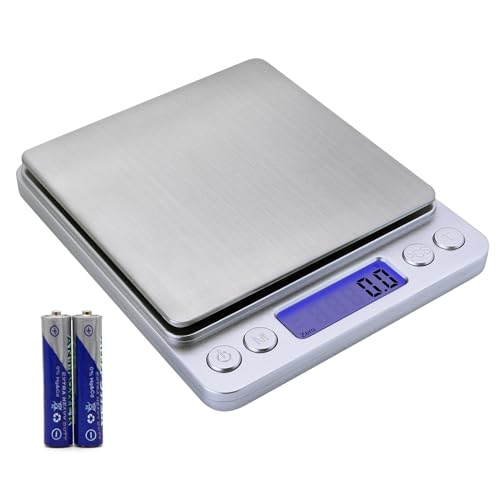Hi, this is my first post here even though I have been browsing tne forum for some time. After reading this thread I bought some Auson Kiln burned pine tar from timbersave (lovely company in Warrington Uk). I have made a batch of pine tar soap which turned out great - if a little darker than I expected! I was looking to get the soap safety assessed and contacted a company re the pine tar as it was the only product that I couldn't find on their approved list. The response I got back was a not one I expected, they said that after speaking to their chemist I would not be able to use the pine tar. I have seen many pine tar soaps for sale inthe UK and have made sure that the one that I used is 100% Pine Tar - it even says that it is often used for cosmetics and pharmaceuticals on the product information on the website. Surely I can get a pine tar soap recipe approved by the UK regulators. Has anyone had their pine tar soap assessed/approved. If so, can you please tell me which company you used? Any help would be much appreciated.
Sue x
Hello Mancmummy, and welcome

As another Brit soaper I wish I could help you here, but I'm just a hobby soaper currently with no intentions to sell. All the EU red tape, not to mention the cost, I find all a bit off-putting :crazy:
So I'll make it clear from the start that I don't have the slightest clue what I'm talking about here, I could be talking through my xxx, so please bear this in mind

... my only suggestion would be to perhaps contact as many assessors as possible regarding the pine tar? That is assuming they would provide free advice in the first place - as I've never personally spoken to an assessor, I wouldn't know

I'm sure I read somewhere a while back, I'm almost certain it wasn't this forum but elsewhere on the web (I really don't remember where now), that there seems to exist with some ingredients a sort of lack of consistency between assessors, where say one assessor would pass a specific recipe or ingredient, while another would not. I'm sure I read a discussion about it somewhere. I'm sorry I'm so vague here, I just recall reading it in passing while I was searching for something else.
But whether or not this would apply in the case of pine tar I wouldn't like to say. And the information I read may be way out of date now, changing regulations may have made such subjective judgement by assessors impossible.
Regarding your pine tar, did the chemist give a reason why they would not approve it? Soap I've seen on sale here in the UK (on Amazon) is 2.5% pharmaceutical grade pine tar, 'Pine Tar BP'.
I emailed a company about pine tar BP, but have not received a reply, and from what Twiggy said in her post earlier, it's likely to be frighteningly expensive.













































